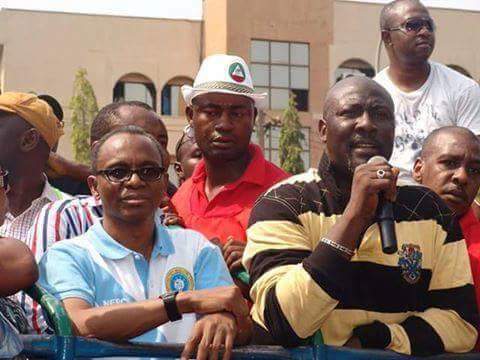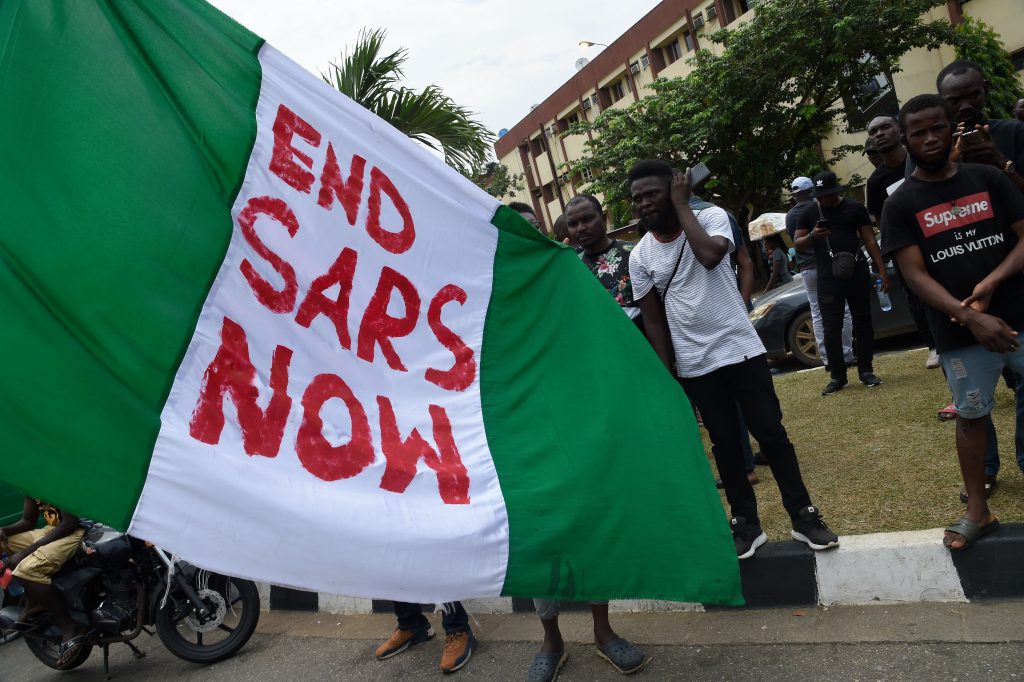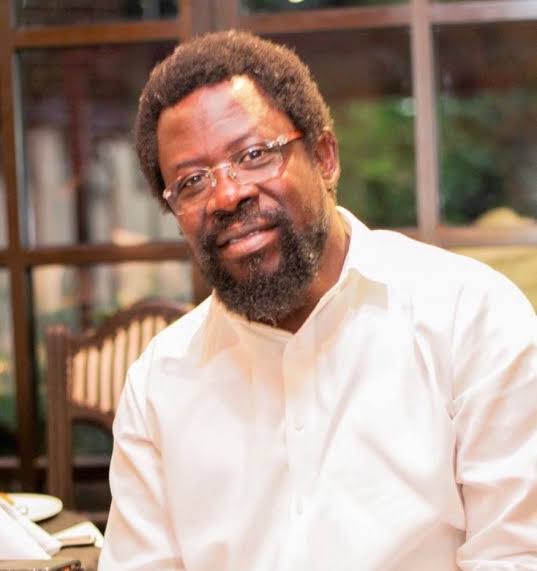Protests are not uncommon in countries. Even developed countries experience protests where citizens come out in their numbers to express their grievances against unfavourable policies and actions. How come protests in recent Nigeria have turned to a bloody affair that sends shivers down the spine?
The recent #EndBadGovernance protest that happened between August 1st to 10th in major parts of the country is a memory that cannot be erased. Citizens came out in their numbers to present their requests to the government, but they were received with teargas and in some states, bullets.

The citizens had hoped that no matter how insignificant their efforts had been, it would send a resounding message to the government that they could hardly bear the rising cost of living. However, the government appears to be channeling their efforts to finding the sponsors of the protest and issuing arrests. What message is this passing to the people?
Walking through the history of protests in Nigeria, we can agree that this is not the first time Nigerians have revolted against unfavourable policies. In 1929, Nigeria experienced the Aba Women’s riot in Eastern Nigeria to protest tax levies imposed by the colonial government. In 1947, was the Abeokuta women’s revolt also a women’s protest led by Funmilayo Ransome-Kuti against unfair tax regime.
1978 witnessed the ‘Ali must go’ protest by universities against a 50 kobo increase in student’s fees. 1989 saw the ‘Anti-SAP riot’ by universities nationwide against the IMF imposed structural adjustment program (SAP) introduced by the Ibrahim Babangida led government.

1993 saw the June 12 protests in southwest Nigeria because of the annulment of the June 12 Presidential elections by Ibrahim Babangida. 2012 witnessed the ‘Occupy Nigeria’ protest where Nigerians both in the country and diaspora protested the removal of Fuel subsidies and eventual price hikes by the Goodluck Jonathan government.

The 2020 ‘End Sars’ protest was against police brutality meted out to youths by the now defunct Special Anti-Robbery Squad (SARS). This led to the killings of unarmed youths at the Lekki tollgate on 20th October 2020.
And now, 2024 has witnessed again the End Bad Governance in Nigeria protest the rising cost of living since the start of President Tinubu’s administration. Their demands: Address fuel subsidy removal; a reversal of the hike in electricity tariffs and custom duties; address hunger and insecurity among others. There was one cry in the land ‘Hunger’.
One thing is common in the Nigerian protest history, protests have led to bloodshed and destruction of properties, and no protest have yielded the desired outcome! If protests cannot make the government comply or listen to the voice of the masses, what then is the point of participation?
According to Dele Farotimi, a lawyer and political analyst, during a crucial town hall discussion on 30th of August organised by News central at the Shehu Musa Yar’adua centre in Abuja, he said:

“I have believed for a long time that protests are a waste of time in Nigeria, and I believe this to be the case not necessarily because I disagree with the legitimacy of the grievances that have led to the protest but because I believe very strongly that there is a misunderstanding of the issues. I believe that the Nigerian victim makes a fallacious assumption that he or she is a citizen, and that Nigeria operates democracy, and that we are governed by politicians who acquire their legitimacy from our sovereign will. There is no listening government to whom we are protesting to.”
His position is not an absurd one. Citizens have now realised that the quickest way to reach a government is not through protests. What happens to the representatives of the people elected to be their spokesperson and direct link to the government?
The aftermath of protests have proven to be a chilling one infact. Recently, 10 End Bad Governance protesters were charged with treason and conspiring to incite the military to mutiny. If they are found guilty, they could face the death penalty. Is this the final result of protesting? Not forgetting the 6 Endsars protesters that finally regained freedom recently after spending almost 4 years in incarceration for a case that they would have been fined 15,000- or 3-months imprisonment. The summation of these incidents shows misfortune for the masses.
Another protest has been rumoured for the 1st of October. With the increased cost of fuel and subsequent effect on other areas of living, it will be no surprise if that becomes the case. However, 2 protests in one year speaks a lot about the government. Of course, citizens are willing to embrace dialogue, but they also want to see actions and favourable policies, enough of promises.
The continuous incarceration of voices is not the solution to the crisis at hand. As Soyinka said, “the man dies in he who is silent” a lot of Nigerians are not dead yet, so the voices would continue. A better solution should be used to address this issue instead.
